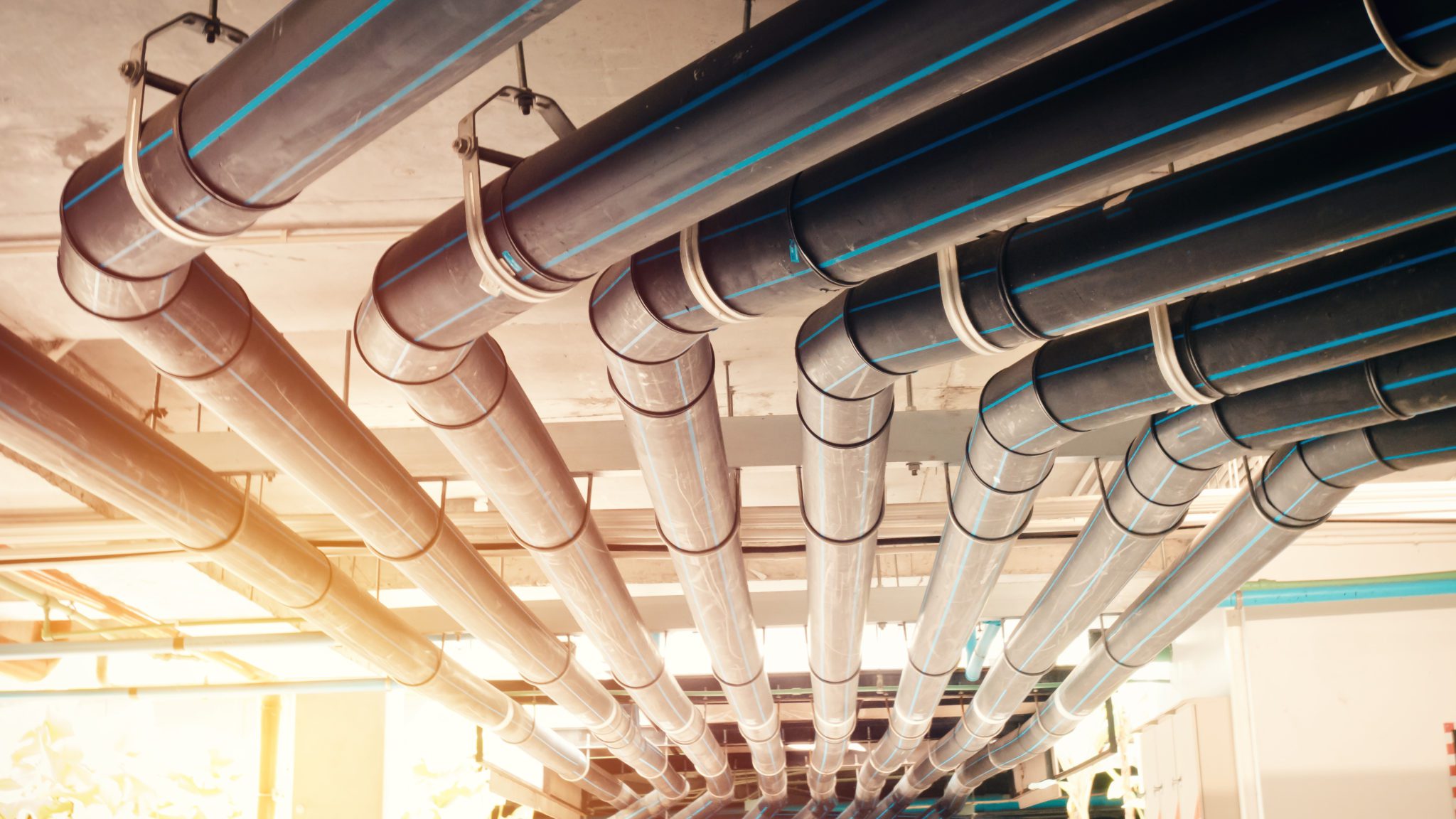
The Canadian Standards Association (CSA) is recognized by OSHA as a Nationally Recognized Testing Laboratory and is accredited and recognized by the U.S. Environmental Protection Agency and the U.S. Department of Energy. CSA B51-14 is a boiler, pressure vessel, and pressure piping code that’s important to companies in the Midwest that are involved in fields such as differential pressure, strainer monitoring, and flow-rate control.
Background
In keeping with CSA’s goal of harmonizing its standards with those of other countries, CSA’s Technical Committee on Boilers and Pressure Vessels and its Subcommittees work closely with the U.S. National Board of Boiler and Pressure Vessel Inspectors and the American Society of Mechanical Engineers (ASME). Collectively, these three organizations are responsible for the implementation of CSA B51-14.
What is CSA B51-14?
There are three parts to CSA B51-14:
Part 1
Contains requirements for boilers, pressure vessels, pressure piping, and fittings. It is intended to fulfill two objectives: first, to promote the safe design, construction, installation, operation, inspection, testing, and repair practices–and second, to facilitate the adoption of uniform requirements by Canadian jurisdictions.
Part 2
Contains requirements for high-pressure cylinders for the on-board storage of natural gas, blends of natural gas and hydrogen (hydrogen blends), and hydrogen as fuels for automotive vehicles. Part 2 is harmonized with International Organization for Standardization (ISO) Standard 11439:2013, Gas cylinders–High-pressure cylinders, for the on-board storage of natural gas as a fuel for automotive vehicles. Moreover, the CSA Subcommittee responsible for developing Part 2 has consulted with the American National Standards Institute (ANSI) committee responsible for developing ANSI Standard NGV 2-2007, Compressed Natural Gas Vehicle Fuel Containers, and the draft American National Standard/CSA Standard for Compressed Hydrogen Gas Vehicle (HGV) Fuel Containers. The members of these two committees are dedicated to harmonizing their standards as far as circumstances allow.
Additionally, owners and users of cylinders designed to the requirements of Part 2 should note that the safe operation of such cylinders requires, first, compliance with the service conditions specified by the manufacturer, and second, use of the cylinders only during the service life specified by the manufacturer. Each cylinder is marked with an expiry date, and owners and users are responsible for ensuring that a cylinder is not used after that date.
Part 3
Contains requirements for compressed natural gas and hydrogen refueling station pressure piping systems, and ground storage vessels. These requirements are allotted a separate part of the Code to emphasize the differences between them and the requirements in Part 1, thereby facilitating their application.
Talk With Us Today About CSA B51-14
CSA B51-14 is a recommendatory code only and does not have the force of law except where it has been officially adopted by a Canadian jurisdiction. Nevertheless, for any company in the Midwest that does business in Canada, it’s an important code to be familiar with.
Mid-West Instrument
Since 1958, Mid-West Instrument has been a leading global manufacturer of differential pressure gauges, transmitters, and switches. Our company is family owned and operated from our facility located in Sterling Heights, MI.
Our state of the art factory is equipped the latest CNC machine tool technology, test equipment, calibrations standards, and oxygen clean room. This allows us to maintain precise tolerances and product quality with the shortest lead times in the industry.
Contact our experienced professionals to learn which differential pressure instrument best fits your application.

